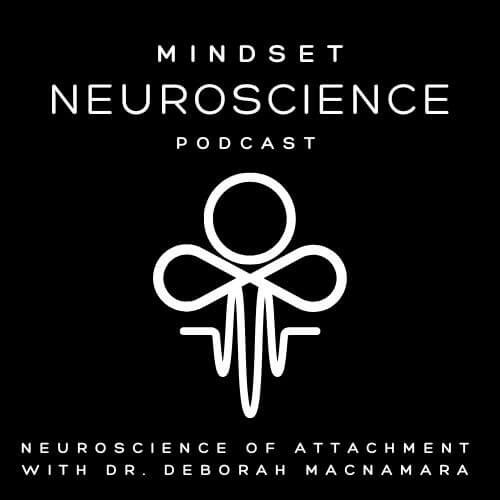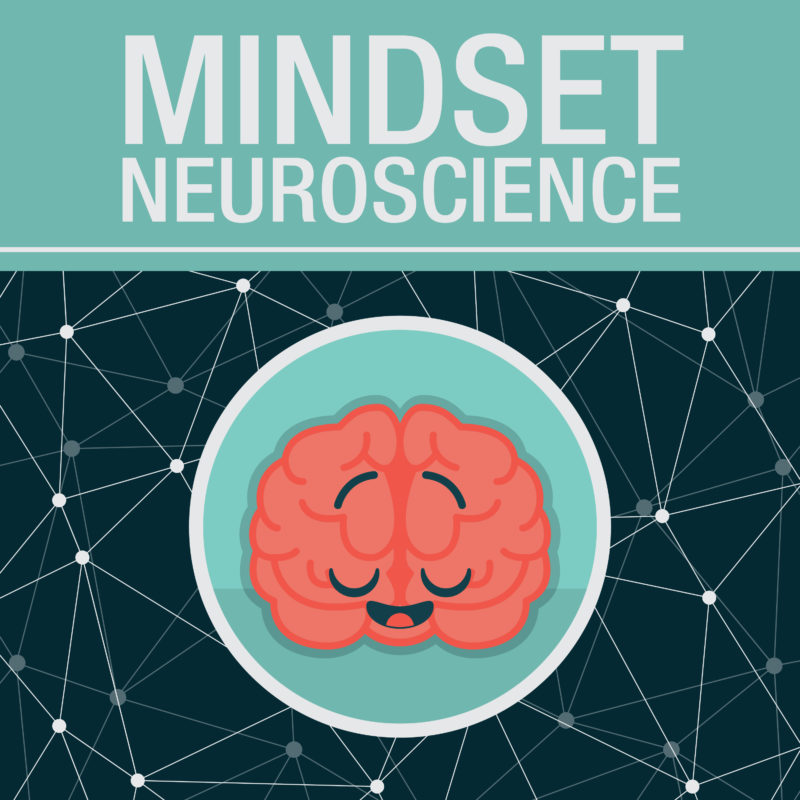Attachment theory is not a 'theory'.. it's a part of our neurophysiological operating system
It’s a biobehavioral adaptation that helps us regulate ourselves and explore new frontiers.
And attachment is not just a childhood concept. It is something that carries out through our life.

In this podcast interview, I speak with Deb MacNamara, a developmental psychologist and author of Rest, Play, Grow: Making Sense of Preschoolers and Anyone who Acts Like One. Deb is a student of Gordon Neufeld and the Neufeld Institute, a pioneer and leader in the field of Attachment science.
As Gordon Neufeld states,
“in a nutshell, everything development wise begins with attachment, whether it's particles that combine into atoms, elements that merge into compounds, seeds that attach by their roots, humans that couple up to make babies, and of course, the attachments of the zygote of the embryo, fetus, baby toddler, growing child, adolescent, and beyond, each a prerequisite for the further unfolding of potential”
As he further explains, everything related to attachment is related to Dependence.
“whether it is a plant attached to the soil, fungus attached to a tree, electrons attached to the atomic nucleus, or our moon attached to the earth, or humans attached to each other”. Survival within our universe relies on the dependence one entity upon another to be taken care of in some way or another.
A few key concepts emerge from our interview:
Dependence is not the enemy of independence.
Getting our attachment needs met allows our brain and nervous system to free up its energy for exploration, play and independence.
It’s about satiated attachment. When our true deepest attachment needs are fulfilled with our attachment figures, that is what allows us to become independent.
When those deep needs are not satiated, when that presence and attunement are not there, that is when we go on the hunt. We become seekers constantly of trying to get attachment needs met elsewhere by other circles of people that may never end up being able to be that attachment figure for us, that safe harbor.
Maturation is spontaneous but not inevitable.
When we allow and cultivate the right conditions, humans expand into their maturity. We can’t force maturity to happen. It is much like a gardener, making the soil fertile for growth and ensuring the conditions are there.
The developmental framework that highlights these conditions for humans to reach their potential is also the title of Deb’s book: Rest, Play Grow.
Emotional, physiological and relational “rest”.
One aspect of rest is rest from that pursuit and preoccupation for attachment.
Our nervous systems regulate and co regulate according to who we're with, the frequencies and the transmissions of the internal state of the people around us, how attuned they are and responsive to us as well.
What this framework is talking about in terms of this rest from this preoccupation is that we, as whoever we are in our relationships with another, that we find ways to allow for that rest to happen. We're creating some sort of home base or security within our relationships.
As Deb says in her book: “Children are not meant to work for love. They are meant to rest in someone's care so that they can play and grow.” This is why relationships matter.
The biggest preoccupation for survival is attachment.
It's about human relationship. As Deb asserts,
“When we have attachment and relationships we're more likely to be cared for. We're more likely to receive the things that we need to, to survive. And that could be tangible goods as well. The people who are attached to us are more inclined to want to see us grow and develop. That's true of all animal species that are mammalian in origin.”
“We are wired for this. If we care about someone, we will be moved in the direction of providing contact and closeness and warmth and generosity. There is a desire to be close, to touch, to take care of each other, to find favor with.
The importance of futility, sadness, rupture and responsibility
We can’t always answer others' needs in the exact way and the exact time they need. We often blow it. We hurt each other. And so sadness and futility, understanding and repair and taking responsibility is important.
Relationships are not just about fulfilling the pursuit. It's everything that comes with it. It's also finding time to play and to be together and navigating what happens when needs aren't met at the precise time or in the way we expect or want.
This is where futility is key to growth and maturity. We're not always given things in the way that are needed exactly in that moment necessarily.
The figuring-out-what-to-do-with-it is part of the building of nervous system resilience and new algorithms in the brain of how to adjust and create more options, more possibilities when something doesn’t work as planned or desired.
"If you can't change something, then you have to be changed by it"
The process of human transformation requires adaptation. When we hit futility, brain architecture and activity changes.
Deb asserts that when you're facing futility, such as “I can't have that”. “They won't change their mind”. “There's not another cookie.” “teacher didn’t give me that mark on my test”. “This person doesn't want to be my friend anymore”.” It doesn't seem fair.” “The world doesn't seem fair.”...
"….Whatever it might be that's on your doorstep, when you can see that something is truly futile, it will not change. there is a corresponding emotional response and there is a let down. It is a sense that something must be shed and removed. You might find that sadness upon you or disappointment. It's important not to fight it.
“We live under a doctrine of happiness today which is polluting our emotional systems and preventing us from getting to the sadness required.
We do need to feel sad about the things we can't change and not to stop that process.”
As we do this, we create a space to rediscover, re-explore, to bounce back and to find another way forward. That's how learning happens. Because sometimes you have to let go of the things that you cannot change. That process of futility of thinking and feeling that ‘it is not going to work this way’ opens the space and the doorway to what will. And the brain is developed that way.”
Play as a resting state
As Deb explains,
"Once the brain is freed from that preoccupation for connection, the chemical, physiological, and emotional energy in the body is able to shift into a play mode. And that play mode serves development in a certain way. It serves the individuation process.
“It serves a blossoming into selfhood. Who am I? The questions of ‘who am I’ cannot be answered until ‘who do I belong to’ are first addressed. It is that root system of attachment that frees you from the preoccupation and the pursuit and preservation of attachment. So you can figure out the questions of who am I?
“As we play, individuation and differentiation happens. We become our own separate selves. And growth is a byproduct of the conditions of attachment and play. We don't have to push our kids to grow. We will grow naturally if we have attachment and. And enough play.”
If we're in a true play state we are in a different space and place neurologically in the energy. Again, it's spontaneous, it's not inevitable. There has to be enough freedom from the pressure to succeed or problems at your doorstep that you have to fix that the brain's preoccupied with.
When a child or an adult moves into a play state, it is a resting one. It makes it safe for emotions to come out. There is a lot of autonomy there. in play, we feel quite safe because it's not for real, it is pretend.
Play provides the safety that allows for expression to emerge.
Relationships and attachment are also meant to try to, at their best, provide the emotional and relational safety so that emotions can be expressed and don't not get in the way of further relationship.
As Gordon Neufeld says, "play is nature in disguise. It's nature as a therapist."
Deb expands on this: "Because emotional potential can be realized with play. You don't have words getting in the way in play, and so things come out. There's a a feedback loop, for a relationship to experience that release and expression, and you're much softer and better off to find words afterwards. "
——
Attachment is not merely a fleeting concept of childhood; it is a foundational element that extends through every stage of our lives. The bonds we form with others create the groundwork for emotional well-being and unfolding of human potential.
--------------
About Deb MacNamara
Deborah specializes in the relational-developmental approach based on the work of Dr. Gordon Neufeld, empowering parents to become the expert on their children with everyday questions and practical strategies. She came to this work as a new mother herself, curious and confident that his approach could shift not only her children’s futures forever, but also her professional approach to supporting and helping others. Today, she serves on Faculty at the Neufeld Institute.
Deborah is the author of the best selling book, Rest, Play, Grow: Making Sense of Preschoolers (or anyone who acts like one) which has been translated into 14 languages and the children’s picture book, The Sorry Plane, which is available in three languages. Her new book is Nourished: Connection, Food, and Caring for our Kids

